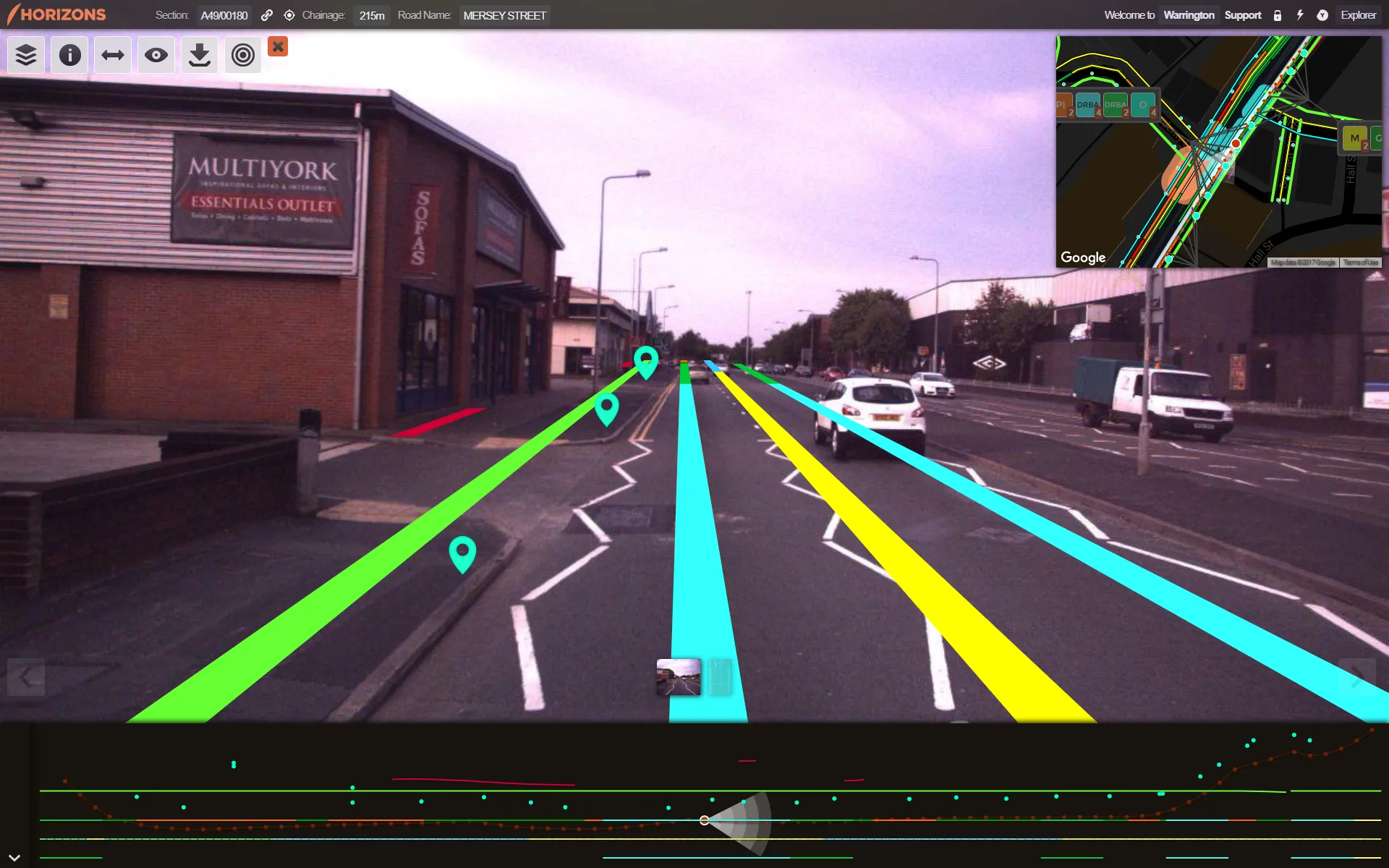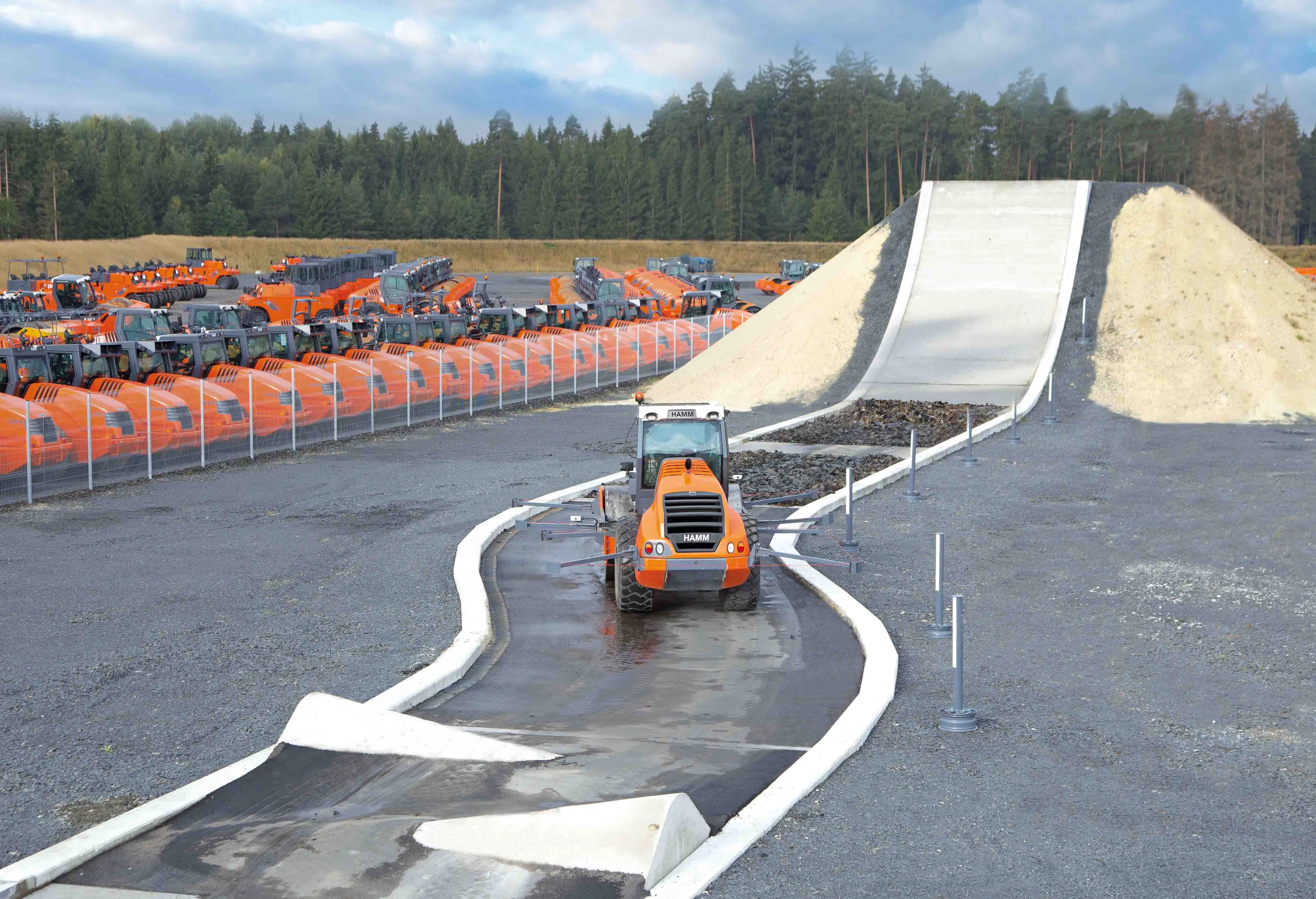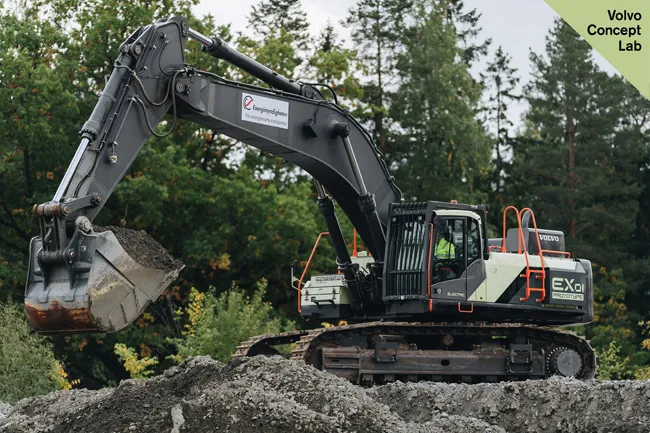Horiba Mira has partnered with Coventry University to deliver the Trusted and Autonomous Parking (Park-IT) project at a facility under construction in the UK.
Park-IT is one of eight projects that create Testbed UK, an ecosystem led by the Centre for Connected and Autonomous Vehicles and Zenzic which seeks to accelerate the development of autonomous technology.
Chris Reeves, head of C/AV technologies at Horiba - an automotive engineering and development consultancy - says Park-IT brings a testing fac
August 9, 2019
Read time: 2 mins
Horiba 3158 Mira has partnered with Coventry University to deliver the Trusted and Autonomous Parking (Park-IT) project at a facility under construction in the UK.
Park-IT is one of eight projects that create Testbed UK, an ecosystem led by the Centre for Connected and Autonomous Vehicles and Zenzic which seeks to accelerate the development of autonomous technology.
Chris Reeves, head of C/AV technologies at Horiba - an automotive engineering and development consultancy - says Park-IT brings a testing facility to the UK that will “help to ensure the next generation of connected and autonomous vehicles are safe and secure”.
“Autonomous valet parking will be one of the first wide-scale adopted examples of highly automated driving, and the creation of Park-IT will allow for the validation of this technology in a safe and repeatable way,” he adds.
The partners will develop a multi-storey car park, on-road parking bays and parking lot environments for the facility’s proving ground in the Midlands.
The parking areas will be co-located in Horiba Mira City Circuit, a purpose-built ‘cityscape’ test track environment. The facility will be supported by a ‘digital twin’, allowing users to replicate parking scenarios in simulation.
Park-IT is one of eight projects that create Testbed UK, an ecosystem led by the Centre for Connected and Autonomous Vehicles and Zenzic which seeks to accelerate the development of autonomous technology.
Chris Reeves, head of C/AV technologies at Horiba - an automotive engineering and development consultancy - says Park-IT brings a testing facility to the UK that will “help to ensure the next generation of connected and autonomous vehicles are safe and secure”.
“Autonomous valet parking will be one of the first wide-scale adopted examples of highly automated driving, and the creation of Park-IT will allow for the validation of this technology in a safe and repeatable way,” he adds.
The partners will develop a multi-storey car park, on-road parking bays and parking lot environments for the facility’s proving ground in the Midlands.
The parking areas will be co-located in Horiba Mira City Circuit, a purpose-built ‘cityscape’ test track environment. The facility will be supported by a ‘digital twin’, allowing users to replicate parking scenarios in simulation.









